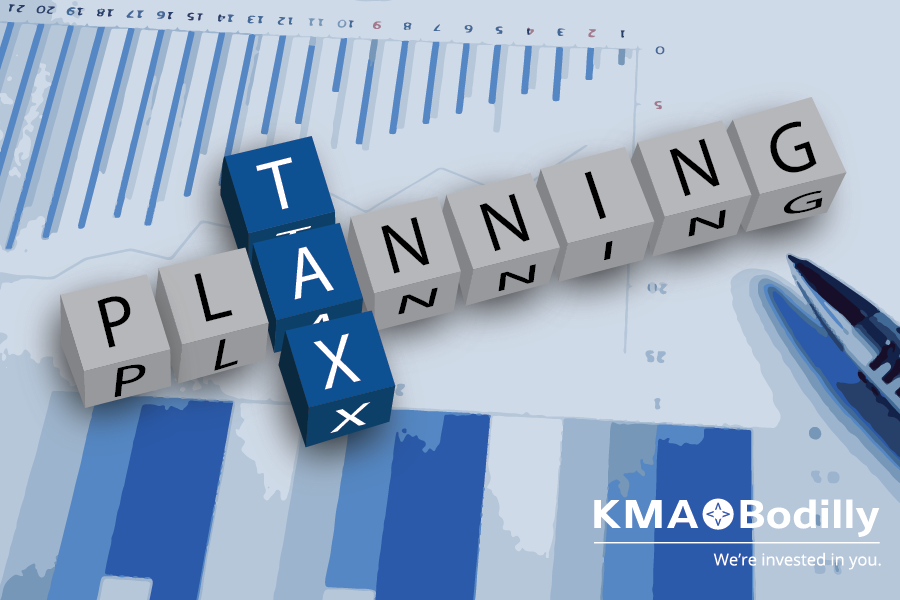|
The financial scene is dotted with professionals whose roles and responsibilities often overlap, yet remain distinct in critical ways.
Among these, tax planners and certified public accountants (CPAs) stand out, especially when steering the complex terrain of tax preparation and financial strategy. Understanding the difference between these two roles is essential for individuals and businesses seeking to optimize their financial health and comply with tax regulations. Tax Planners: Architects of Tax Planning Services
Tax Planners specialize in the strategic planning of an individual's or organization's finances to minimize tax liability. Their work involves a deep dive into current tax laws and regulations to devise strategies that align with their client's long-term financial goals.
Tax planning services are not just about compliance; they are about optimization. By looking ahead, tax planners help clients make informed decisions about investments, retirement savings, business entity formation, and more, all to reduce tax obligations legally and efficiently. Tax Planning Services Cost
The tax planning services cost can vary widely depending on the complexity of the client's financial situation, the level of expertise of the planner, and the geographical location.
Generally, these services are billed on an hourly basis or as a flat fee for a specific service package. Investing in tax planning can result in significant savings over time, making it a valuable service for those looking to manage their finances proactively. Certified Public Accountants (CPAs): The Comprehensive Financial Experts
CPAs, on the other hand, have a broader scope of responsibilities.
While they are well-versed in tax preparation and can offer tax advice, their expertise extends to auditing, financial reporting, and consulting services. CPAs are licensed by state boards of accountancy and must meet education and experience requirements, along with passing the Uniform CPA Examination. Their certification allows them to represent clients before the IRS, perform audits, and offer attestation services that non-CPA accountants cannot. Key Differences
The main difference between a tax planner and a CPA lies in their focus and scope of services.
Tax planners are laser-focused on strategies to minimize tax liabilities and maximize financial health through foresight and planning. CPAs, while capable of providing tax-related services, offer a broader suite of financial services, including auditing, compliance, and financial statement preparation. The choice between the two professionals depends on the specific needs of the client. For those seeking all-inclusive financial oversight and reporting, a CPA is indispensable. For individuals or businesses looking to strategically minimize their tax obligations, a tax planner’s expertise is invaluable. Conclusion
Understanding the distinct roles and expertise of tax planners and CPAs, as part of comprehensive Financial Management For Businesses, enables individuals and businesses to make informed decisions about their financial health and tax strategies, ensuring compliance and optimizing financial outcomes. By integrating Financial Management For Businesses into their strategic planning, businesses can leverage the specialized knowledge of tax planners and CPAs for more effective financial oversight and tax optimization. Vivid Accounting offers effortless accounting services that save you time, reduce errors, and allow you to make informed decisions in the realm of financial management. Visit their website today!
FAQs: What Is the Difference Between a Tax Planner and a CPA?
|
Archives
May 2024
Categories |
Welcome. Give us a call today! (254) 268-0727


 RSS Feed
RSS Feed



